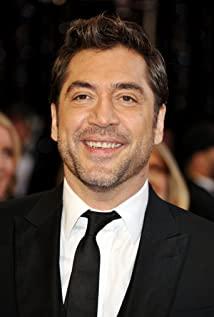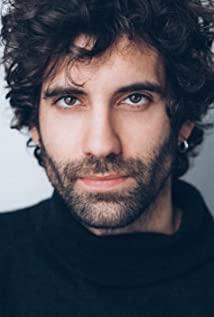Foreman experienced three worlds in his life. His parents died in a Nazi concentration camp, he fled from the Czech Republic to the sound of tanks, and finally came to Hollywood to film his "One Flew Over the Cuckoo's Nest." From "One Flew Over the Cuckoo's Nest" to "The Spirit of Goya", it is the projection of his life's terrifying memories. From the Spanish Inquisition in the Middle Ages, to the Jewish Holocaust launched by capitalist Germany, and then to the Czech Republic under the invasion of the socialist Soviet Union, the forms are different. Religion, race, orism.
But tyranny itself needs to be sacrificed with blood, and neither the victims off the stage nor the arrogant ones on the stage are spared. Lorenzo once suppressed heresies as a priest, turned into a revolutionary to pronounce on religion, and was finally executed by religion in the name of betrayal. It's still a bloody story, it's still a life-and-death cycle. Just like Bei Dao's poem: In the name of the sun, the dark and public plunder, on the ancient murals, people are silently immortalized and silently died.
The Chief in One Flew Over the Cuckoo's Nest eventually escapes, leaving a glimmer of hope. Goya could only follow the crazy Elis from a distance, calling her name all the time.
Forman, 75, still has no answer for the future. In fact, how could he possibly have an answer? Forman is to the Czech Republic what Goya is to Spain. He can't bear to witness evil, but he is powerless to save, even a weak girl. In the face of the great social upheaval, the fate of the individual appears so powerless. The 20th century was a century of political terror, and Foreman displayed a painful sobriety under that terror. Unrecognizable Elis, provides a living image of the victimized. However, the terrifying shadow of this tyranny and tyranny cannot contain the determination to care for humanity. So Foreman has been making movies. Through his films, we are also reflecting on the sober vigilance of tyranny, whatever its name. Without the awakening of humanity, without the guarantee of freedom, any society will become a lunatic asylum.
View more about Goya's Ghosts reviews











